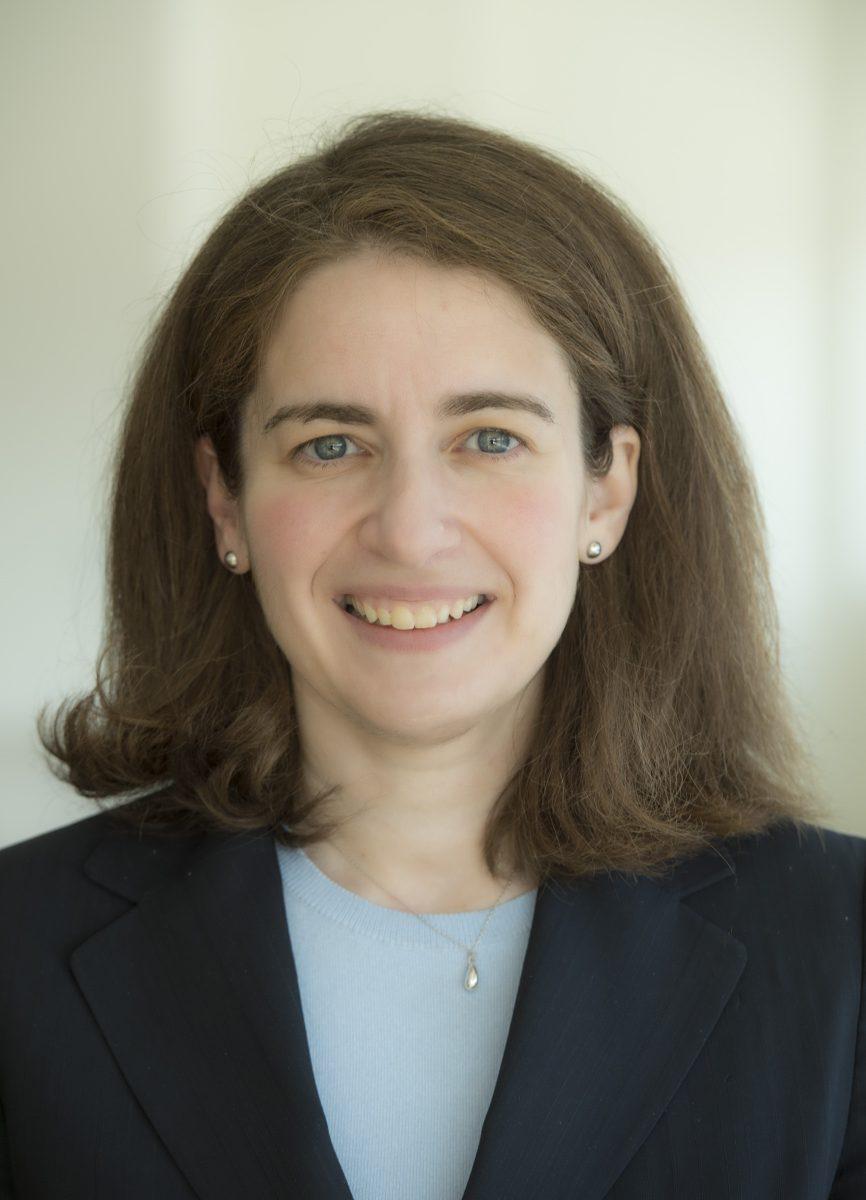The Albritton Center for Grand Strategy will host Elizabeth N. Saunders, an associate professor at Georgetown University’s School of Foreign Service, for a lecture at the Bush Library on Jan. 30.
The lecture is focused on Saunders’ article published by Foreign Affairs’ Sept./Oct. edition titled “The Unconstrained Presidency.” She will speak on current and former presidents and their power within the U.S. governmental system. Saunders is a political scientist by training with an expertise in presidential behavior in regards to foreign policy and has largely written on the roles of leaders in international politics.
John Schuessler, associate professor of international affairs at the Bush School and co-academic director of the Center for Grand Strategy, said the focus of the lecture is on the office of the presidency rather than a specific president.
“We focus a lot on Trump, but you really want to focus on the office of the presidency and how that office has gotten more powerful and unconstrained in the foreign policy area over time,” Schuessler said. “This is a problem that predates Trump and will outlast him.”
Schuessler said he had been engaging with Saunders’ work well before they asked her to be a speaker.
“She has a book, ‘Leaders at War,’ on how presidents approach intervention that I’ve taught in past courses,” Schuessler said. “She has a new project on kind of American elites and how they serve as an audience for presidents when they’re considering the use of force, and that’s a project I’ve engaged with Elizabeth on directly.”
Saunders will look at some of the key constraints on presidential power that analysts have focused on in the past, assessing their relationship to the realm of foreign policy.
“The basic point is if we’re going to complain about some of the unorthodox things Trump is doing in the foreign policy area, you need to step back for a moment and consider how long various checks and balances on presidential power have been eroding,” Schuessler said.
Matthew Fuhrmann, political science professor and graduate program director, said international relations research finds that the leader may not necessarily matter when working at such a broad level. He said Saunders is one of the scholars beginning to pay close attention to how leaders are shaping foreign policy and international relations.
“If you ask most Americans on the street, ‘Does it matter who the president is,’ they would undoubtedly say ‘Yes, it matters,’” Fuhrmann said. “But if you look at a lot of international relations research, a lot of it assumes that it actually doesn’t matter who the person is as president, or head of any country, because this literature assumes that if a leader is faced with similar conditions that they’ll all basically behave the same.”
Gregory Gause, professor and head of the international affairs department, said students have the opportunity to learn about how American foreign policy is made and the influence of the office of the president. Gause said both detractors and supporters of President Trump would agree that he is not a conventional president, so attendees will also learn about how he can affect American foreign policy.
“[President Trump] has a lot of influence on foreign policy, but let’s find out how much,” Gause said. “Having a scholar like professor Saunders here is a good way for us to try to understand just how much a president can affect the course of foreign policy.”
Foreign policy expert to speak about presidential power
January 24, 2019
0
Donate to The Battalion
$2790
$5000
Contributed
Our Goal
Your donation will support the student journalists of Texas A&M University - College Station. Your contribution will allow us to purchase equipment and cover our annual website hosting costs, in addition to paying freelance staffers for their work, travel costs for coverage and more!
More to Discover










